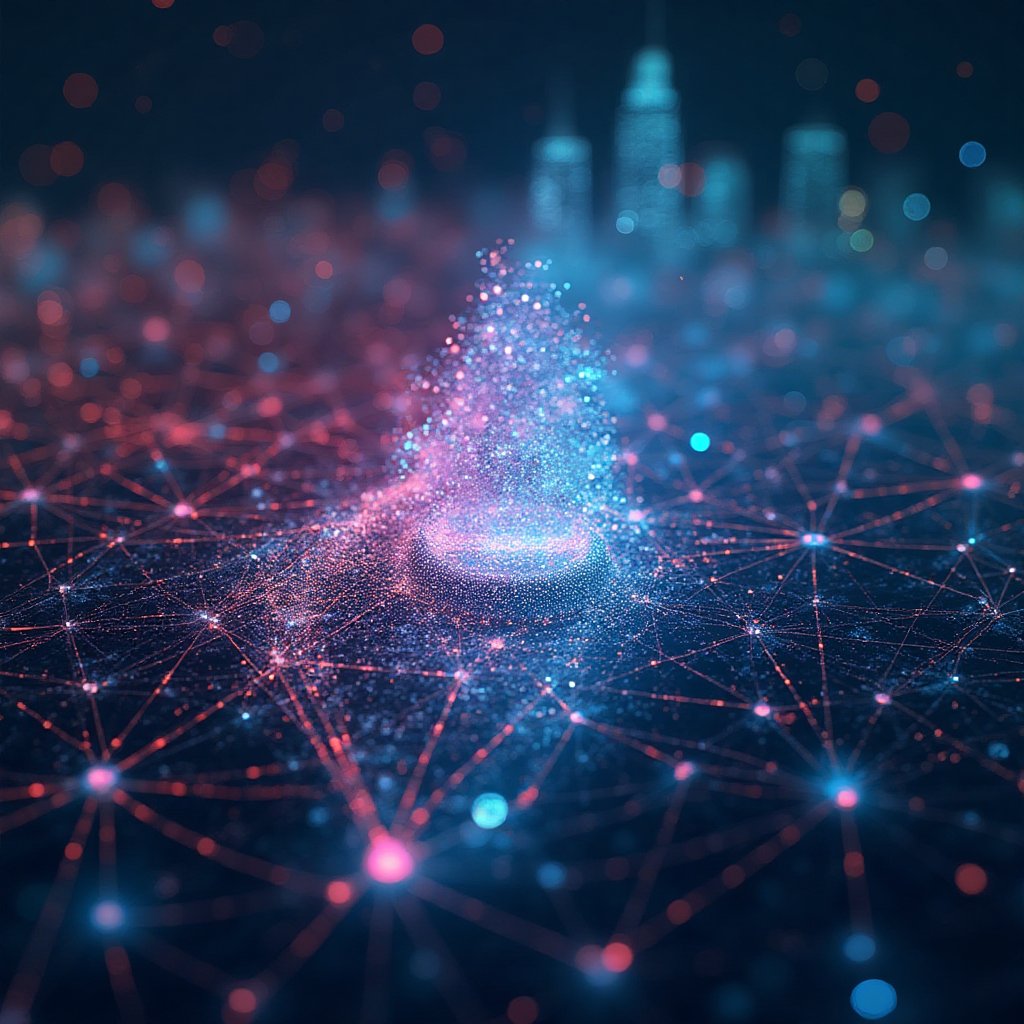Picture this: a world where you can't scroll through your Instagram feed, your Facebook likes are on pause, and your WhatsApp group chats are eerily silent. It sounds like a scene from a dystopian novel, but this was reality for millions as Meta's flagship platforms went offline. On a day that will be remembered like a digital apocalypse, Meta suffered a worldwide outage impacting Instagram, Facebook, WhatsApp, Threads, and Messenger. Users across the US and beyond found themselves grappling with the 21st-century horror of their beloved social networks disappearing into the ether.
Meta's Digital Breakdown
Let's start with the basics: Who hasn't felt that jolt of panic when you can't refresh your Instagram feed, waiting for the next meme to brighten your day? For hours, users were left in the middle of conversations, influencers stood on an unwilling pause, and social media managers frantically refreshed their browsers. Not your typical day in the life of a Meta user.
The outage was widespread, causing alarm clocks (yes, some of us set them via WhatsApp or Messenger), morning meetings, and daily routines to crumble into chaos. People turned to other platforms, like Twitter, to vent their frustrations, share memes about the digital blackout, and commiserate over the loss of their digital playgrounds. The tweets were flying almost as fast as the confused refreshes of an unresponsive app. Twitter remains the beacon where the social media masses flock when chaos ensues on other platforms.
But Why, Meta, Why?
The exact cause of the outage remains a nebulous mystery, thinly veiled behind curtains of technical jargon. It's speculated that a combination of server disruptions and internal mishaps caused the blackout, yet the true culprit remains elusive. What we do know is that "Sorry, something went wrong" became the most notorious phrase of the day.
For Meta, known for its robust digital infrastructure, this was akin to watching a tech superhero stumble on their highly secure cape. The irony wasn’t lost on anyone. This wasn't the first time users experienced a mega outage - back in 2021, Facebook had a significant downtime that lasted hours, yet the shades of 2023 seem much darker.
Global Impact and User Reactions
The world is more interconnected than ever, and when Meta hits a bump, it’s like watching a digital earthquake ripple globally. It's fascinatingly terrifying to see how a single tech hiccup can impact so many lives. Businesses reliant on communication, coordination, and marketing through Meta apps found themselves in a gridlock, instantly searching for alternatives.
Meanwhile, influencers and content creators who rely heavily on these platforms for their income faced financial instability on top of their digital existential crises. It's a stark reminder of how much control these digital giants wield over our lives.

Meta’s Response
Meta did eventually resolve the issue, and like an all-powerful tech deity, restored our digital universe to its former glory. They assured users via updates and worked diligently to ensure the integrity of their services going forward. But what does a post-apocalyptic Meta landscape look like? Engagement metrics had plummeted, and backup plans were reconsidered. Social media managers nationwide released a collective sigh of relief as systems restored and workflow resumed.
The Cultural Shift
This outage underscores a cultural paradigm we're all wrestling with—even as Meta promises improved resilience against future outages, we're questioning how much of our lives rely on these platforms. Is it healthy to pour so much of our existence into apps that can go dark without warning? It's a philosophical conundrum for the digital age.
These disruptions stir doubt but also push us toward evolution. Just as lights return post-blackout, our social media strategies will adapt and our reliance may shift. Ultimately, we appreciate these reminders to pause, reflect, and perhaps embrace a life less mediated by tech or at least hedged with backups.
Join the Conversation
What do you think of Meta's latest blip in the digital radar? Could this be a sign to rethink our digital dependency, or was it merely a bump on the road to more secure systems? The conversation is just beginning, and we want to hear your thoughts. Share them in the comments and become part of the iNthacity community, diving into insights, debates, and the latest happenings in the tech world. Apply to become a permanent resident then citizen of iNthacity: the "Shining City on the Web", where tech meets heart, and every participant shapes the narrative.
Wait! There's more...check out our gripping short story that continues the journey: The Digital Apocalypse
Disclaimer: This article may contain affiliate links. If you click on these links and make a purchase, we may receive a commission at no additional cost to you. Our recommendations and reviews are always independent and objective, aiming to provide you with the best information and resources.
Get Exclusive Stories, Photos, Art & Offers - Subscribe Today!

























Post Comment
You must be logged in to post a comment.